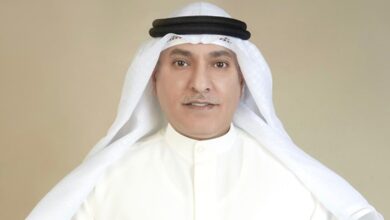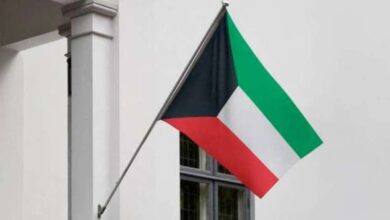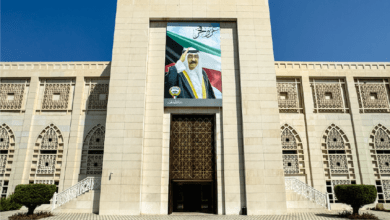
The Times Kuwait Report
During his visit to Kuwait the Hungarian Minister of Foreign Affairs and Trade Péter Szijjártó reaffirmed Hungary’s commitment to deepening cooperation with Kuwait, the Gulf Cooperation Council (GCC), and the broader Middle East.
The minister’s visit coincided with the 29th EU-GCC Joint Council and Ministerial Meeting hosted by Kuwait this week, which was attended by foreign ministers of EU and GCC states. Describing the meeting as one of the most significant gatherings of its kind in recent years, Szijjártó noted that the meeting came at a critical time, as the world faces numerous conflicts and crises. “We are living in an age of dangers,” said the minister while emphasizing the importance of diplomatic efforts to resolve armed conflicts in Ukraine and the Middle East.
He praised the GCC countries for their stabilizing role in the region, calling them part of the “global majority of peace-loving nations.” The Minister expressed hope that cooperation between the EU and the GCC would contribute to achieving peace in both Ukraine and the Middle East.
Highlighting Hungary’s foreign policy approach, Szijjártó stated that his country values partnerships based on mutual respect, rationality, and common sense, avoiding excessive politicization and ideology in international relations. He stressed that the European Union must enhance its engagement with the GCC to regain competitiveness and global relevance.
Szijjártó outlined Hungary’s goals for the future of EU–GCC relations, which include the signing of a strategic cooperation agreement, establishing visa-free travel, and concluding an interregional free trade agreement. These three steps, he said, would strengthen economic ties and promote mutual growth.
Turning to bilateral relations, the Hungarian minister recalled the historic friendship between Hungary and Kuwait, dating back to the 1980s. He emphasized that Kuwait holds a special place in the hearts of Hungarians, as both nations understand the pain of facing external aggression. “Whenever it comes to Kuwait, you have high respect in Hungary,” he affirmed.
Szijjártó announced that Hungary and Kuwait recently signed a Mutual Investment Protection Agreement, which will encourage businesses to operate more confidently in each other’s markets. He highlighted existing cooperation between Hungary’s MOL Group, one of Central Europe’s largest energy companies, and the Kuwait Oil Company, particularly in high-value energy and chemical projects, including enhanced oil recovery and rubber-bitumen-related operations.
The minister also pointed to water management and food security as promising areas for collaboration. He explained that Hungary possesses advanced water technologies suitable for regions affected by climate change, and that its Genetically Modified Organism (GMO)-free agricultural policies, enshrined in the Hungarian Constitution, ensure high standards of food safety. “We hope our technologies will contribute to a healthy and sustainable food sector in Kuwait,” he said.
Addressing regional issues, Szijjártó reaffirmed Hungary’s commitment to peace in the Middle East, referencing his attendance at the signing of the Abraham Accords in 2020 in the Garden of the White House, as the only European foreign minister. He emphasized that Hungary seeks to maintain communication with all sides to facilitate peaceful resolutions. “We believe President Trump’s peace proposal represents great hope for both Ukraine and the Middle East,” he stated.
Concluding his remarks, Szijjártó extended an invitation to Kuwaiti investors to explore opportunities in Hungary. He also highlighted Hungary’s competitive investment climate, including Europe’s lowest corporate tax rate at 9 percent; a 15 percent% personal income tax, and attractive cash incentives. “Hungary has become a meeting point for Eastern and Western investors,” he said. “We welcome Kuwaiti companies to discover these opportunities and invest in our growing economy.”
Follow The Times Kuwait on
X, Instagram and Facebook for the latest news updates












